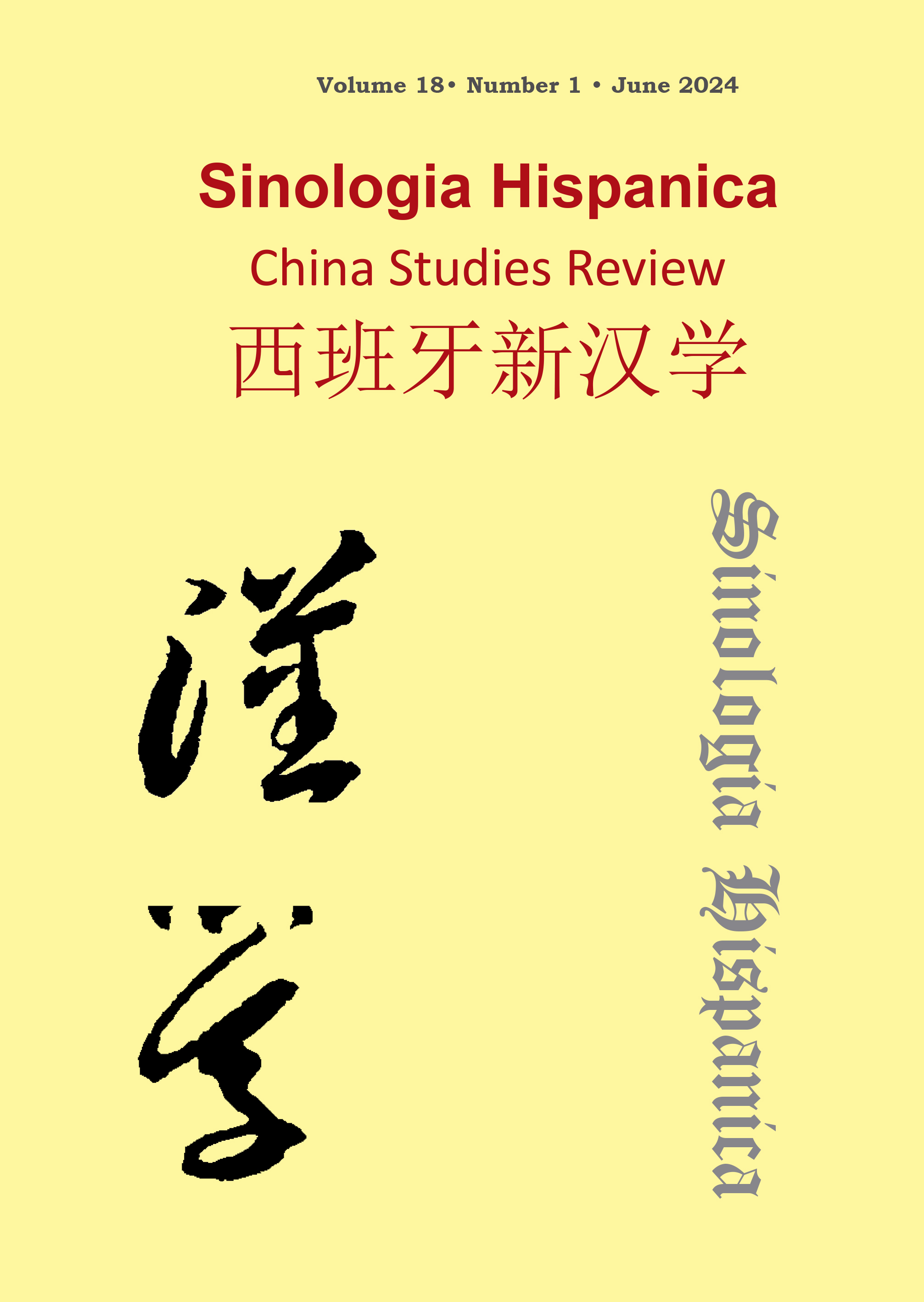Acquisition of the Chinese Demonstratives “zhe” and “na” by Spanish Speakers
DOI:
https://doi.org/10.18002/sin.v18i1.8427Keywords:
zhè/nà; Spanish speakers; acquisition; errors; comparison between Chinese and Spanish demonstratives.Abstract
This paper examines the effects of differences in Chinese and Spanish demonstratives on the acquisition of Chinese demonstratives zhè/nà (这/那) by native Spanish speakers, through the analysis of a self-constructed intermediary language corpus, questionnaires, and an interview method in conjunction with a mainstream Chinese textbook in the Spanish-speaking regions. It was found that primary level learners focus their usage on situational deixis, intermediate and advanced level learners mostly use contextual deixis, both of them use grammaticalized deixis. In addition, some typical errors made by primary level speakers, such as the confusion of zhè and nà, zhège (这个) and zhème (这么), zhè/nà and tā (它/他/她), are also made by intermediate and advanced speakers. And their reasons lie in the ignorance of zhè/nà on the part of teachers and Chinese textbooks, and some inappropriate explanations, etc. The results of this study will provide academic references for the teaching of zhè/nà to Spanish speakers, and we also offer suggestions for the design of Chinese textbooks and the teaching in the Spanish-speaking world with respect to demonstratives.
Downloads
Métricas alternativas
Published
Versions
- 2026-01-22 (4)
- 2026-01-22 (3)
- 2024-07-15 (2)
- 2024-07-07 (1)
How to Cite
Issue
Section
License

This work is licensed under a Creative Commons Attribution-NonCommercial-ShareAlike 4.0 International License.
Sinología Hispánica. China Studies Review considers all manuscripts on the strict condition that:
- The authors assign the exploitation rights (reproduction, distribution, public communication and transformation) of the work accepted for publication to the University of León on a non-exclusive basis. Authors can establish, on their own, additional agreements for the non-exclusive distribution of the version of the work published in the journal (for example, placing it in an institutional repository or publishing it in a book), always acknowledging the initial publication. in this magazine.
- The manuscript is your own original work and does not duplicate any other previously published work, including your own previously published work.
- The manuscript is not currently under consideration or peer review, nor accepted for publication, nor in press, nor published elsewhere.
- The manuscript contains nothing that is abusive, defamatory, libellous, obscene, fraudulent, or illegal.
- Please note that Sinologia Hispanica uses Turnitin software to screen manuscripts for unoriginal material. By submitting your manuscript to Sinologia Hispanica you are agreeing to any necessary originality checks your manuscript may have to undergo during the peer-review and production processes. Any author who fails to adhere to the above conditions will be rejected.
- Authors are allowed and encouraged to electronically disseminate the pre-printed versions (version before being evaluated) and / or post-printing (version evaluated and accepted for publication) of their works before publication, since it favors their circulation and dissemination more early and with it, a possible increase in its citation and reach among the academic community.
Sinologia Hispanica is under an international license Creative Commons Attribution-Noncommercial-Share Alike 4.0. You can read more about this license in an informative version and legal text.










